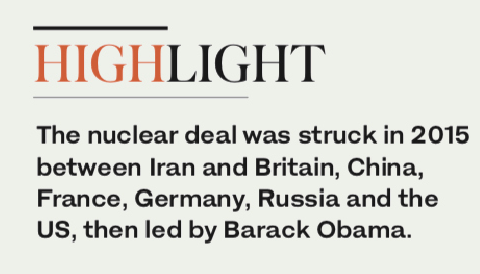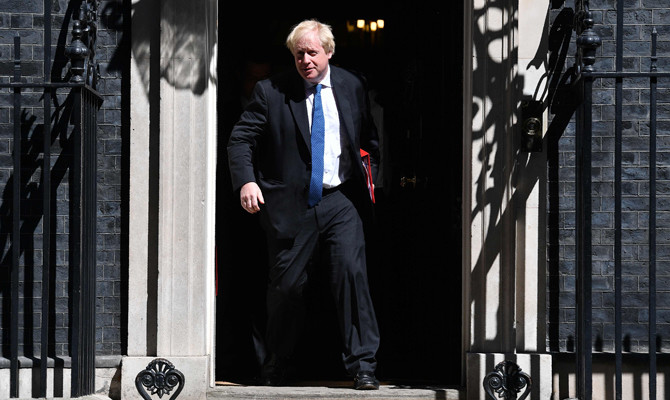LONDON/TEHRAN: The British foreign secretary is traveling to the US on Sunday for a two-day visit, during which he will meet Vice President Mike Pence and National Security Adviser John Bolton, Britain said.
The discussions in Washington will center on Iran, North Korea, Syria and other issues, according to Britain’s Foreign Ministry, and come ahead of a visit to Britain by President Donald Trump planned for July 13.
“On so many of the world’s foreign policy challenges the UK and US are in lockstep,” Boris Johnson said in a statement, citing the poisoning in Britain of Russian double-agent Sergei Skripal, and opposition to the use of chemical weapons in Syria and to the development of nuclear weapons in North Korea.
“The UK, US, and European partners are also united in our effort to tackle the kind of Iranian behavior that makes the Middle East region less secure — its cyber activities, its support for groups like Hezbollah, and its dangerous missile program, which is arming Houthi militias in Yemen,” he added.
Trump has said he wants to reimpose US sanctions on Iran that were lifted in 2015 in exchange for Iranian commitments to curb its nuclear program. He has given Britain, France and Germany — who still back the deal — a May 12 deadline to fix what he views as its flaws.
These include its failure to address Iran’s ballistic missile program, the terms by which inspectors visit suspect Iranian sites, and “sunset” clauses under which some terms expire.
Trump also caused upset in Britain and France on Saturday by suggesting US-style gun rights might have stopped a recent surge in knife crime in London and past deaths from terrorist attacks in Paris.
Iran has warned that if the US quits the nuclear deal between Tehran and world powers then Washington would regret it “like never before.”
“If the United States leaves the nuclear agreement, you will soon see that they will regret it like never before in history,” President Hassan Rouhani said in a televised speech in northwestern Iran on Sunday.
Trump has threatened to abandon the agreement when it comes up for renewal on May 12, demanding his country’s European allies “fix the terrible flaws” or he will re-impose sanctions.
“Trump must know that our people are united, the Zionist regime (Israel) must know that our people are united,” Rouhani added.
The nuclear deal was struck in 2015 between Iran and Britain, China, France, Germany, Russia and the US, then led by Barack Obama.
Under the pact, sanctions were lifted in return for a commitment not to pursue a nuclear bomb, but Iran says it is not reaping the rewards despite complying with the deal.
The Islamic republic has always denied it sought a nuclear weapon, insisting its atomic program was for civilian purposes. Rouhani did not specify how Iran would react if the US pulls out of the deal.
But he said he had given “the necessary orders,” notably to Iran’s Atomic Energy Organization, in anticipation of Trump’s decision.
On Thursday Ali Akbar Velayati, the foreign policy adviser to Iran’s supreme leader Ayatollah Ali Khamenei, warned Tehran would quit the nuclear deal if the US withdraws.
Meanwhile, Britain’s ambassador to the US said on Sunday his country believes it is still possible to address Trump’s concerns about the Iran nuclear deal in time to prevent him from pulling out of the agreement.




























